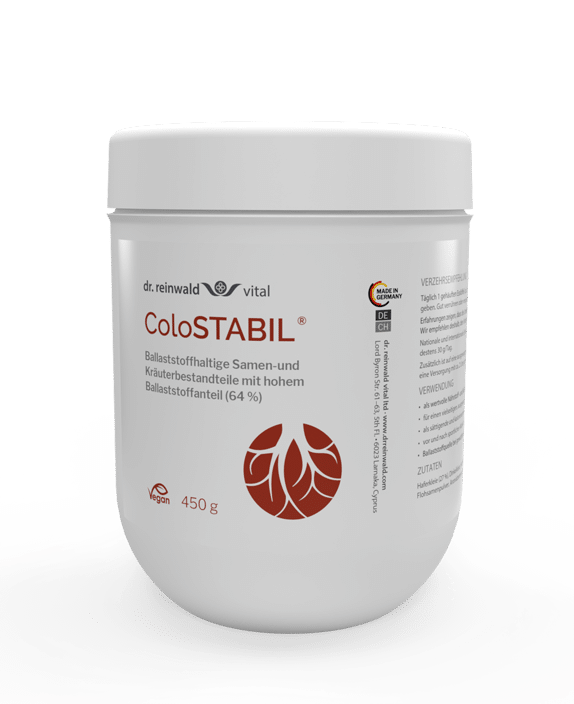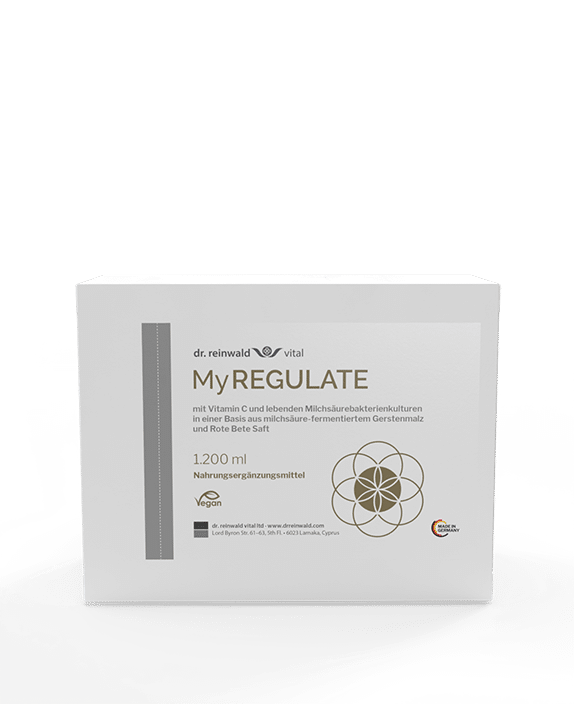Antibiotics: The troublemaker for our intestinal flora
If you google the terms “antibiotics + bowel”, you are not only confronted with more than 3.5 million results, but also realize that this topic apparently moves many people, such as Dr. Sofia Förslund from the Max Delbrück Center for Molecular Medicine in Berlin.
Antibiotics – what you should know
When we speak of “antibiotics”, we mean drugs that are used to treat bacterial infections. Their function lies in the inhibition and/or killing of “disease-causing” bacteria in the human body.
While antibiotics are not effective for fungi or viral diseases such as influenza or measles, antibiotics are often prescribed for bacterial diseases such as scarlet fever or pneumonia/ tonsillitis. The crux? Not only the supposedly disease-causing pathogens, but also the beneficial bacteria that live on our skin or mucous membranes come into contact with antibiotics. The possible consequences are among others:
- various side effects
- allergic reactions
- Development of resistances
- Threat of development of multi-resistant germs
- long-term damage to the microbiome
Negative and long-term consequences for the microbiome
At the Max Delbrück Center for Molecular Medicine (MDC) in Berlin, the Swedish researcher is investigating the interactions between humans and microbiomes (intestinal flora) and how broadband antibiotics affect the interaction of intestinal bacteria. Together with her international team, she was able to show in a study that the microbiome had almost recovered about six months after taking antibiotics, but not completely, because: some of the former bacterial species were missing. “As expected, the number of resistance genes had also increased in the bacteria,” reports Dr. Förslund.
This negative influence on the microbiome was also confirmed by a study carried out by the Marine Biological Laboratory in cooperation with Stanford University (Woods-Hole study; Palo Alto, California). The study revealed that the participants had 3,300 to 5,700 different types of bacteria in their intestines before taking antibiotics. After taking the antibiotics, the number decreased by a whole third. All other types of bacteria changed in quantitative proportion in such a way that a so-called dysbacteria existed. The balance of the intestinal flora could neither be restored within four nor after six weeks because some bacterial strains did not re-colonise.
The balancing act for our intestines
But why is the multitude of bacteria and the balance in our microbiome (= intestinal flora) so important?
In order to answer this question, it is important to know that our intestine is basically our second brain. 90% of the visceral nerve alone is located in the intestine and carries this information to our brain, which in turn interprets it as emotions. But the immune system is also largely located in our microbiome: about 80% of all immune reactions take place there and about 70% of immune cells are located in our largest organ.
Out of the rhythm with antibiotics
If our intestinal flora becomes imbalanced, intestinal complaints, food intolerances, overweight, obesity, auto-immune reactions, a weakened immune system and even psychological disorders can follow.
Taking antibiotics often starts a vicious circle: Starting with a weakened immune system, infections or fungal infections often follow after a few weeks, which in turn must be treated with medication.




